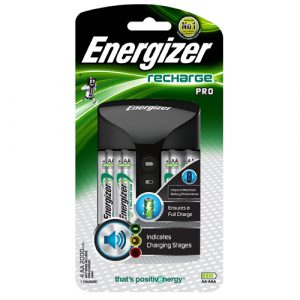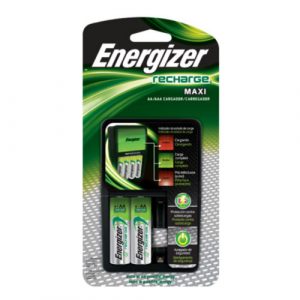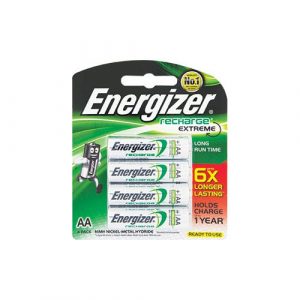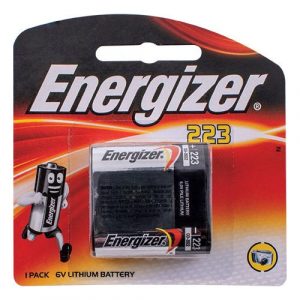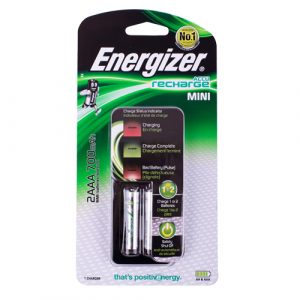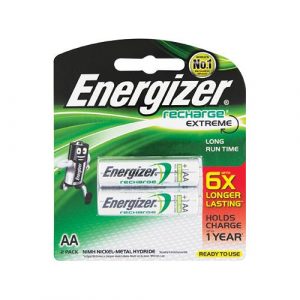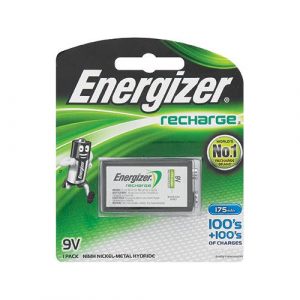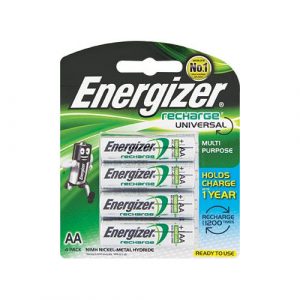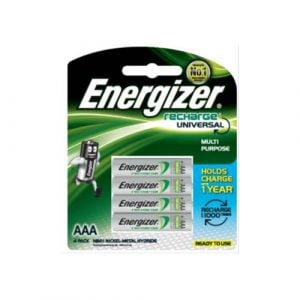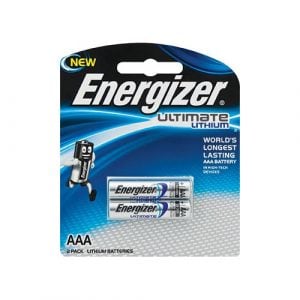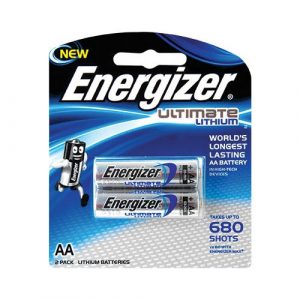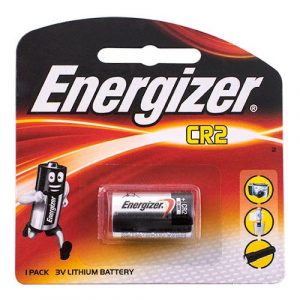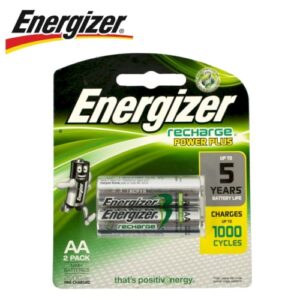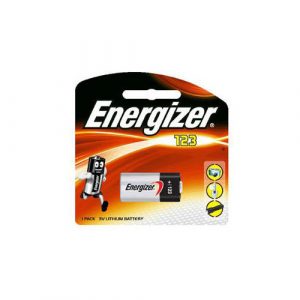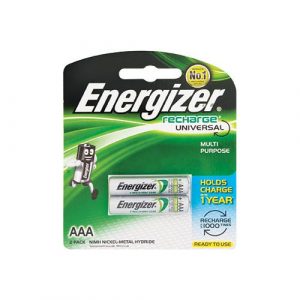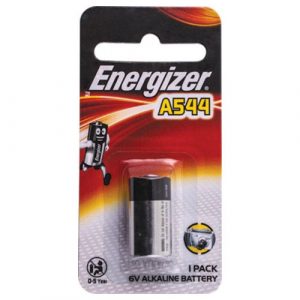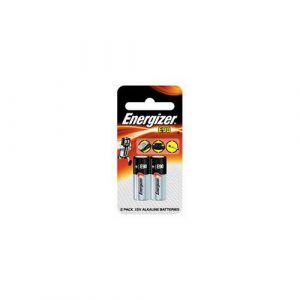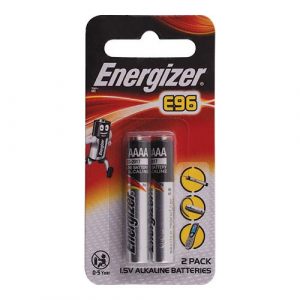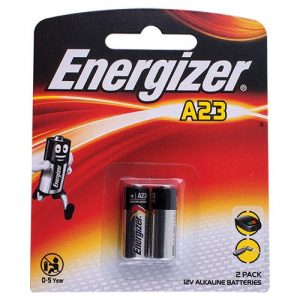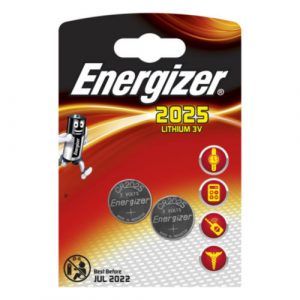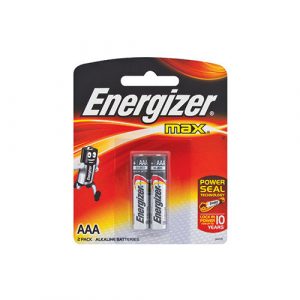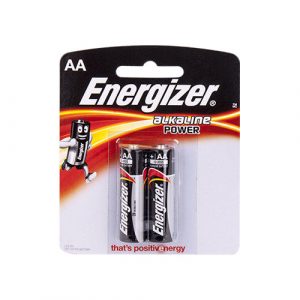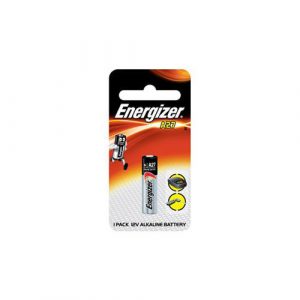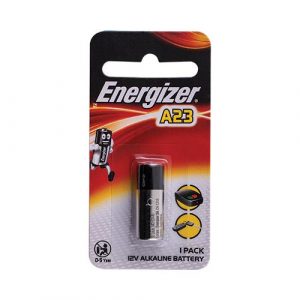Batteries for electronics are portable power sources specifically designed to provide electrical energy to various electronic devices. They come in different sizes, chemistries, and configurations to accommodate the power requirements of different gadgets and appliances.
Here are key aspects and features of batteries for electronics:
Battery Chemistries: Batteries for electronics are available in various chemistries, including alkaline, lithium-ion (Li-ion), nickel-metal hydride (NiMH), and zinc-carbon. Each chemistry offers different characteristics in terms of capacity, voltage, discharge rate, and shelf life.
Battery Sizes: Batteries for electronics come in standard sizes such as AA, AAA, C, D, and 9V, among others. Different devices require specific battery sizes, so it’s important to choose the appropriate size to ensure compatibility.
Rechargeable vs. Disposable: Batteries for electronics can be either rechargeable or disposable. Rechargeable batteries are designed to be reused multiple times and can be charged using compatible battery chargers. Disposable batteries, on the other hand, are single-use and need to be replaced once they are depleted.
Voltage and Capacity: Batteries for electronics have different voltage and capacity ratings. Voltage refers to the electrical potential difference provided by the battery, while capacity indicates the amount of electrical energy the battery can store and deliver. These specifications are important considerations when selecting batteries for specific devices.
Compatibility: Batteries for electronics are used in a wide range of devices, including remote controls, cameras, toys, gaming controllers, portable speakers, and more. It’s crucial to choose batteries that are compatible with the specific devices to ensure optimal performance.
Batteries for electronics provide the necessary power to operate portable electronic devices, enabling them to function independently of a direct power source. They are essential for everyday gadgets and are widely used in households, offices, and various industries.
When selecting batteries for electronics, consider factors such as the device’s power requirements, battery chemistry, size, and whether rechargeable or disposable batteries are preferred. Proper handling, storage, and disposal of batteries are important to ensure safety and environmental consciousness.
By choosing the right batteries for electronics, users can enjoy long-lasting power and reliable performance for their electronic devices.
Showing all 26 results
